
ca. 1890
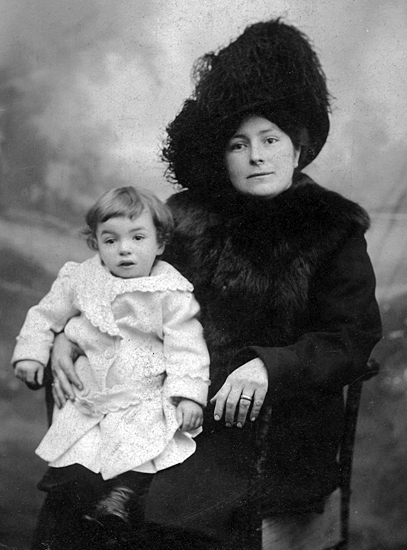
(ca. 1904)
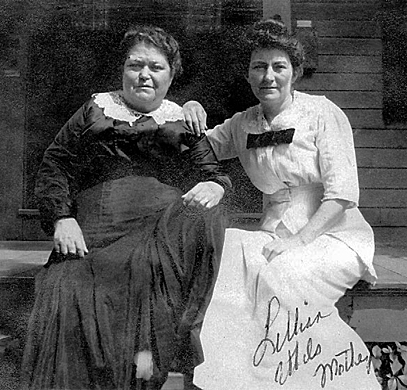
Maternal Grandmother & Mother of Margaret Ethel Zellman

|
|
Lillian Marie Bell ca. 1890 |

|
|
Lillian (Bell) Zellman & D2 Robert J. Zellman Jr (ca. 1904) |

|
|
Margaret Reddingto Bell (left) & Lillian Bell Zellman Maternal Grandmother & Mother of Margaret Ethel Zellman |
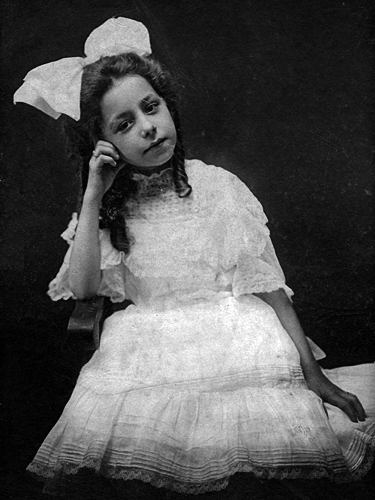
|
|
Margaret Ethel Zellman in her confirmation dress Made by her mother, Lillian Bell Zellman 1908 |

|

|
|
Ethel's Aunts: Nell, Edith, friend, Alice, Mabel Geiger
Atlantic City 1920 |
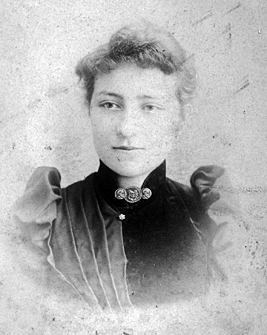
|
| Aunt Mame Bell Geiger |

|

|
|
Bud Fisher (far left) & Margaret Ethel Zellman (right) Entrance to the Phi Rho Sigma Fraternity - 1917 |
|
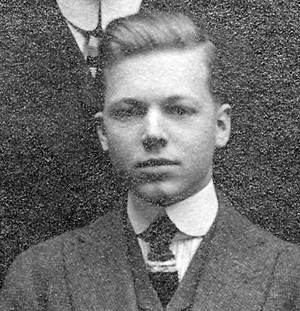
|
|
James Lee (Bud) Fisher Jefferson Medical College - 1914 View portrait of entire 1914 class |
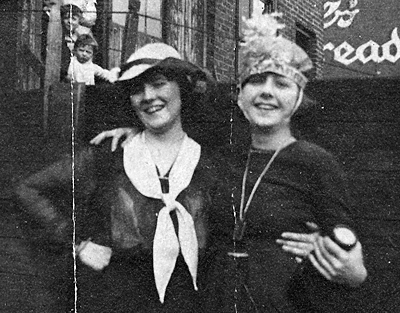
|
|
Elthel Zellman and her friend Marie O'Keefe 1918 |

|
|
Ethel (center) on the beach with Alice (left) and beach friends, age 18 - 1915 Her mother made the beach outfit - she died the following year - 1916 |
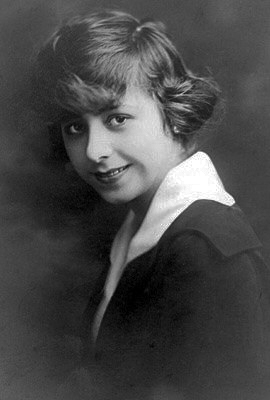
|
| Margaret Ethel Fisher |
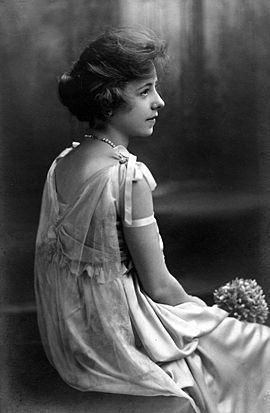
|
|
Margaret Ethel Fisher
18 years old - 1918 |
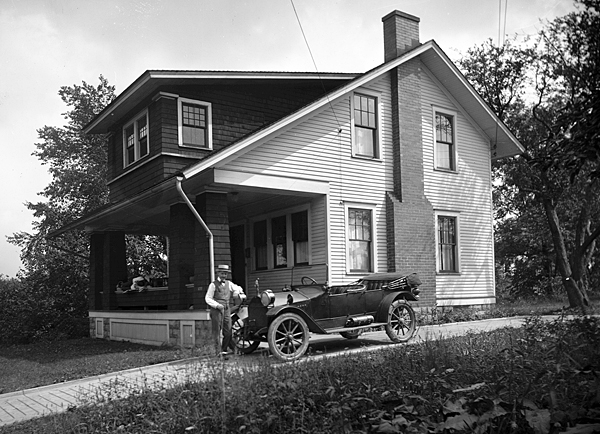
|
|
George Elmer Fisher with his 1915 Hupmobile This is a 1915 "selfie" Note the remote cord in George's hand extending back to his dry plate negative camera |
|
The George Fisher Family History is a compilation of information gathered by Eric & Liz Davis.
This HTML version was created by Eric and Elizabeth Fisher-Davis, beginning in 2001. Tree Outline of Fisher Generations |